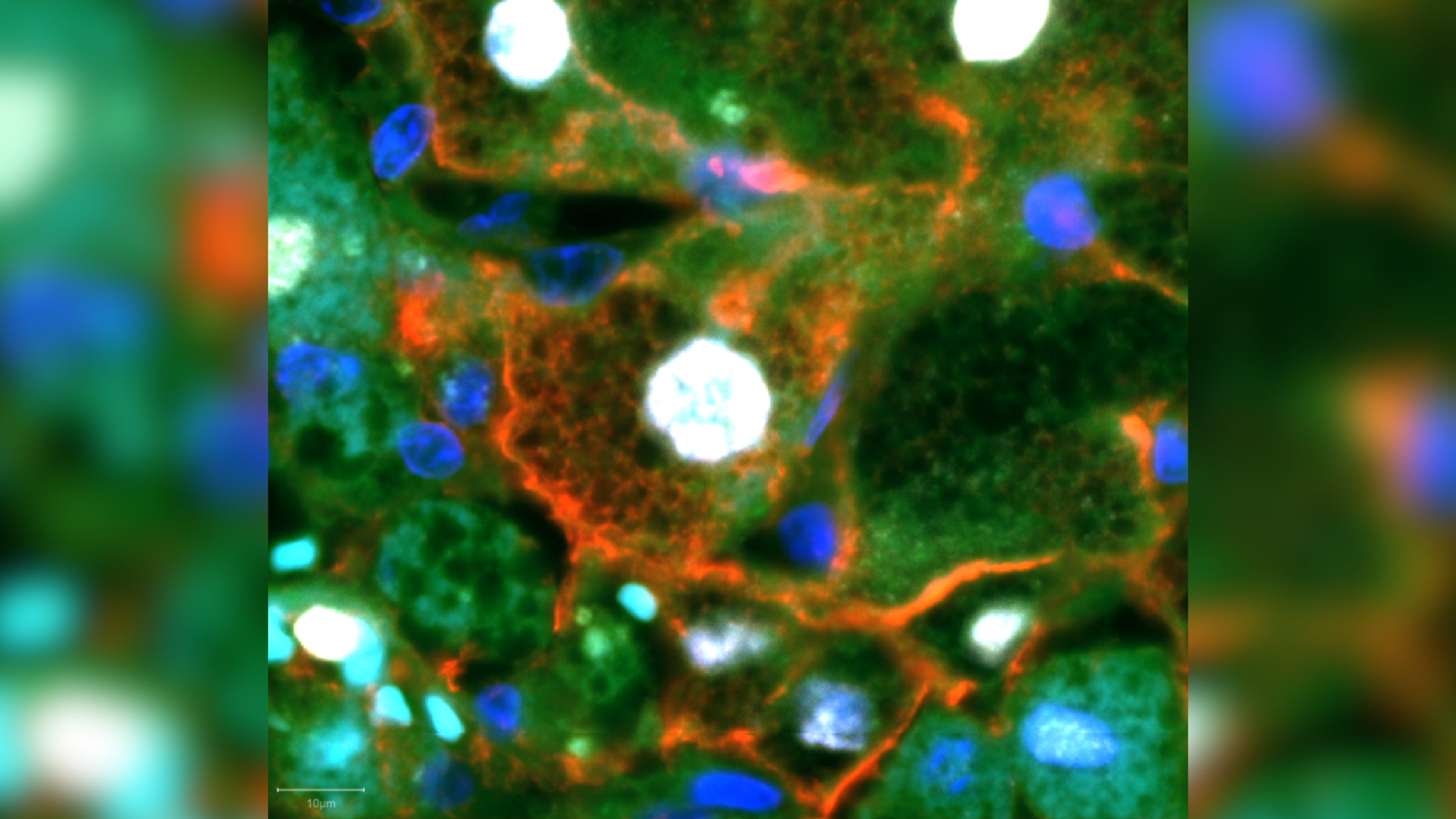Nutrients, Vol. 16, Pages 1045: The Development and Evaluation of a Literature-Based Dietary Index for Gut Microbiota
Nutrients doi: 10.3390/nu16071045
Authors: Bezawit E. Kase Angela D. Liese Jiajia Zhang Elizabeth Angela Murphy Longgang Zhao Susan E. Steck
The aim of the study was to develop and evaluate a novel dietary index for gut microbiota (DI-GM) that captures dietary composition related to gut microbiota profiles. We conducted a literature review of longitudinal studies on the association of diet with gut microbiota in adult populations and extracted those dietary components with evidence of beneficial or unfavorable effects. Dietary recall data from the National Health and Nutrition Examination Survey (NHANES, 2005–2010, n = 3812) were used to compute the DI-GM, and associations with biomarkers of gut microbiota diversity (urinary enterodiol and enterolactone) were examined using linear regression. From a review of 106 articles, 14 foods or nutrients were identified as components of the DI-GM, including fermented dairy, chickpeas, soybean, whole grains, fiber, cranberries, avocados, broccoli, coffee, and green tea as beneficial components, and red meat, processed meat, refined grains, and high-fat diet (≥40% of energy from fat) as unfavorable components. Each component was scored 0 or 1 based on sex-specific median intakes, and scores were summed to develop the overall DI-GM score. In the NHANES, DI-GM scores ranged from 0–13 with a mean of 4.8 (SE = 0.04). Positive associations between DI-GM and urinary enterodiol and enterolactone were observed. The association of the novel DI-GM with markers of gut microbiota diversity demonstrates the potential utility of this index for gut health-related studies.

 1 month ago
23
1 month ago
23


